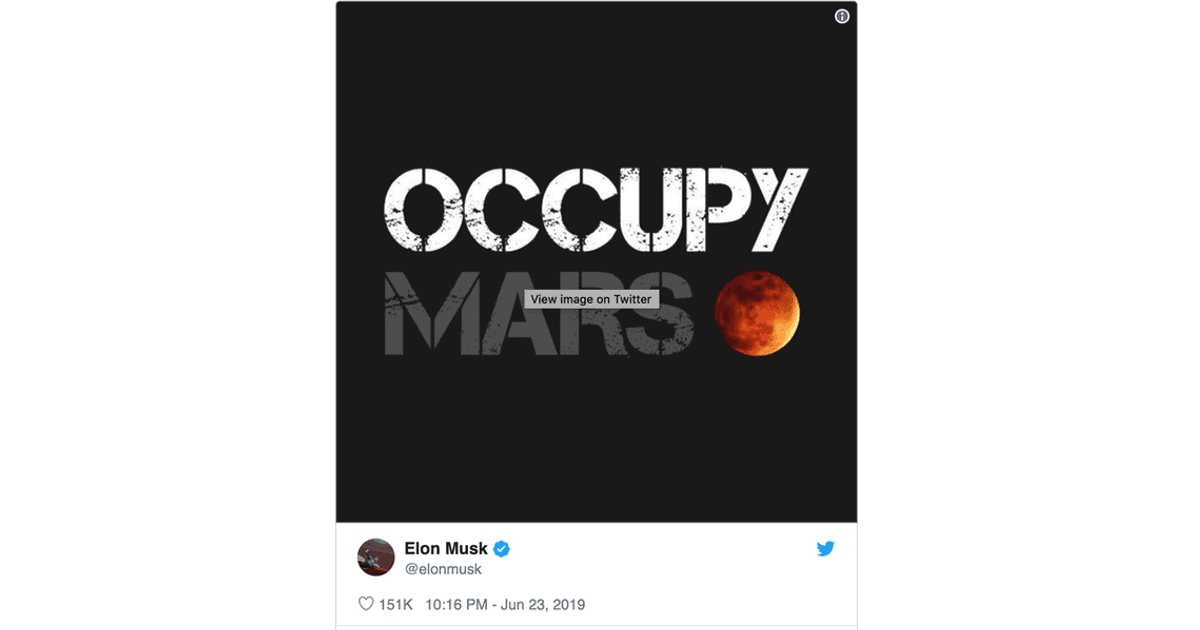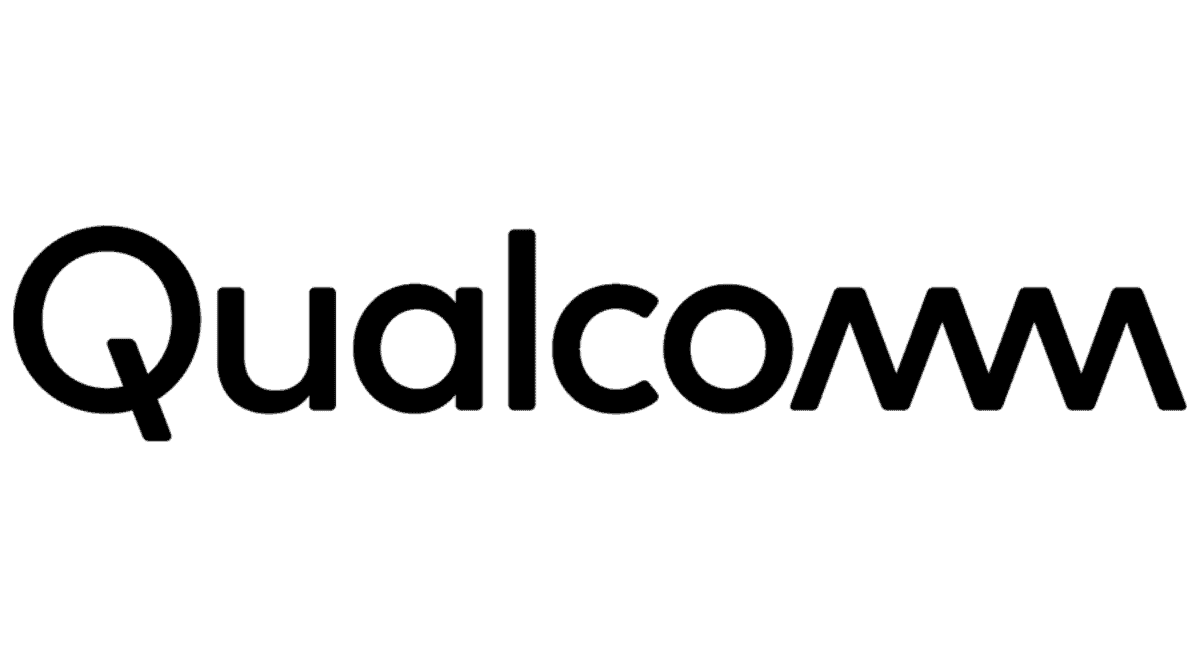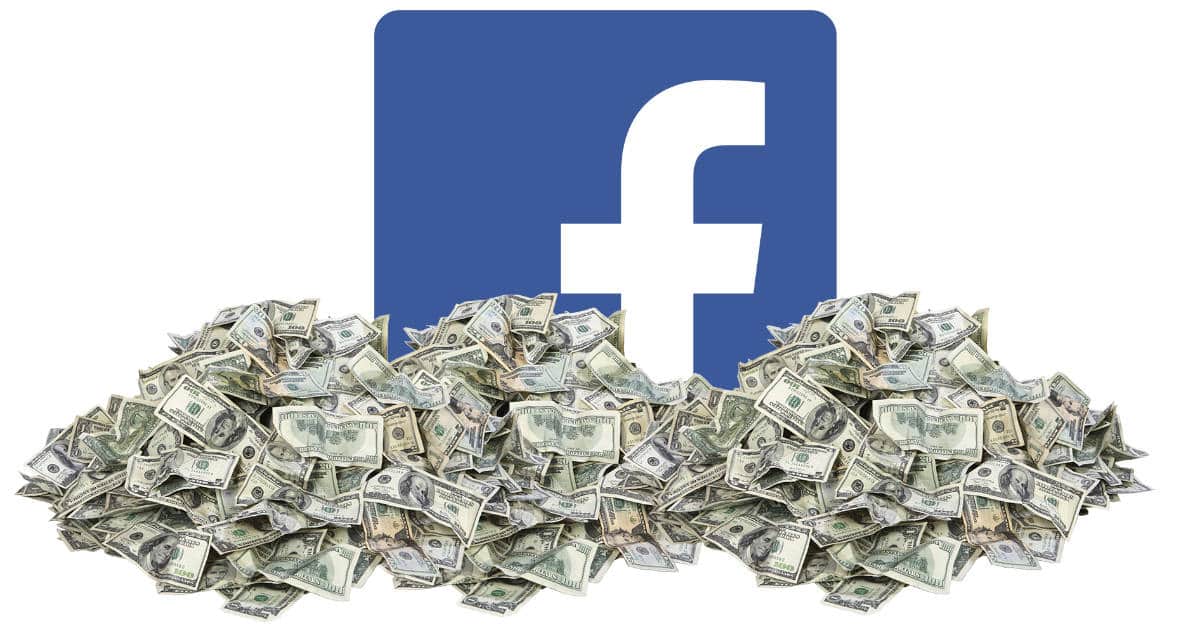Two years ago the New York Public Library and Brooklyn Public Library partnered with free video streaming service Kanopy to give free access to patrons. But they are ending the partnerships on July 1.
Ultimately, this came down to a decision by the libraries, and where to focus their strategic priorities right now. We have witnessed incredible growth in user demand at these libraries over the past couple years and worked with the NYPL, BPL, and QPL to devise innovative new models that give them certainty and supports their budgetary needs.






















